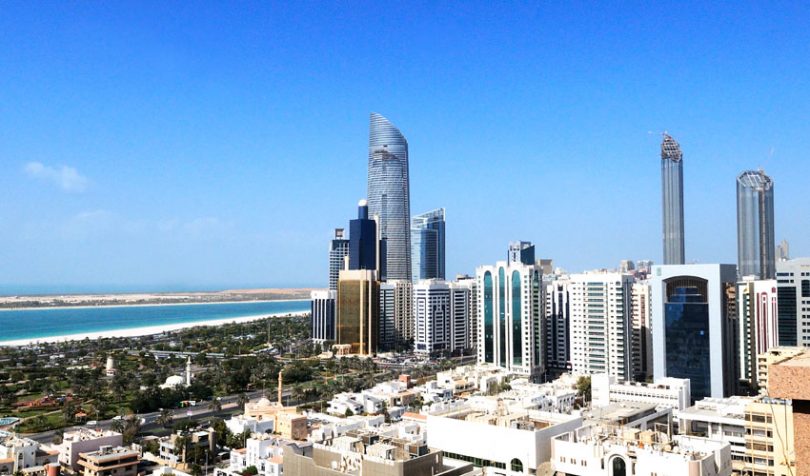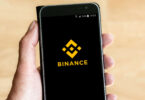Maqta Gateway announced a trial of its “Silsal” blockchain solution with parent Abu Dhabi port and the Port of Antwerp. The aim is to provide cargo visibility and streamline trade flows between the UAE and Belgium.
Dr. Noura Al Dhaheri, CEO of Maqta Gateway, commented: “We realized early on that blockchain technology can provide the very things necessary for reliability and integrity in the increasingly complex global supply chain.”
As announced in June, the Silsal system is initially available for freight forwarders and their customers. By focusing the initial rollout, Maqta reduces the amount of support it needs to provide.
The platform involves digitalizing international trade paperwork. Both parties have agreed to a technical specification for the test which will take place during the current quarter.
Separately, Maqta Gateway also announced the “MAMAR” single customs window developed for Abu Dhabi Customs. The project involves 24 government entities and isn’t blockchain based. Hence clients can have a single point of contact for trade across sea, land, and air.
A recent trade finance study by Bain for the World Economic Forum highlighted the importance of single windows. In Senegal’s case their costs dropped by 60% and for clients, the processing time reduced by 90%.
Related blockchain projects
While Maqta Gateway is very advanced with Silsal, there are numerous UAE blockchain projects. Dubai recently announced its own blockchain trade initiative called the Digital Silk Road project. Its government has adopted blockchain for reconciliation, and Dubai plans to launch a blockchain payment system. Additionally, Noor Bank unveiled a report on blockchain for trade finance.
Internationally there are several trade platforms. The highest profile is the IBM/Maersk TradeLens system. In Asia, the Port of Singapore indirectly owns a significant slice of the Open Trade Blockchain. Kuehne + Nagel, the world’s largest sea freight forwarding company, is working on a project with Accenture. The initiative targets bills of lading and includes Anheuser-Busch and others.
The Port of Brisbane is running a trade project in conjunction with PwC. In South Korea, there’s an initiative driven by the Customs Service. And last month British ports announced their blockchain plans.






